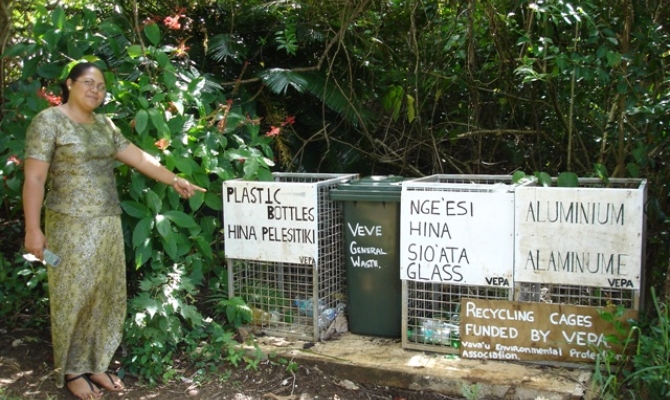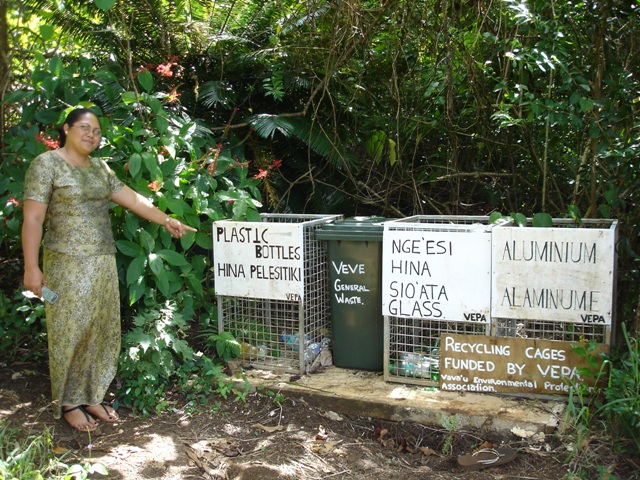
Climate Change Resilience
5 July 2013, Nadi, Fiji - Practical application of modern science with traditional knowledge of rural communities has been regarded fundamental in addressing climate change issues in the Pacific.
Dr Simon Albert from the University of Queensland highlighted this at the Pacific Climate Change Roundtable in Nadi Fiji.
Dr Albert said from lessons learnt from the Pacific Australia Climate Change Science Adaptation Planning Programme (PACCSAP) carried out at the Roviana Lagoon in the Western province of Solomon Islands, shows the importance of combining science and traditional knowledge.
"Incorporation of science into community led planning requires a novel approach. It is important to include traditional knowledge in climate change assessments and understanding local climatic variability," Dr Albert said.
He added that building community capacity through participation is vital since communities have an inherent adaptive capacity based on their traditional knowledge.

Adding that traditional ecological knowledge must be integrated into global information systems since it will provide unique historical dataset that can provide a broader perspective on the adaptive approach to take.
"Traditional ecological knowledge and science is vital to drive climate change adaptation planning in the region."
However he said transferring scientific outcomes into community led plans requires more than reports and presentation.
Dr Albert stressed that variability of environmental and climatic events requires local monitoring capacity since technical assistance from experts on such projects yields little benefit locally especially for those developing climate change adaptation plans.
SPREP Director General David Sheppard in support also highlighted the importance of practical application and blending of modern science with traditional knowledge.
"The value of good science must be blended with traditional knowledge to address related climate change issues affecting the region today," Sheppard said.
Dr Simon Albert from the University of Queensland highlighted this at the Pacific Climate Change Roundtable in Nadi Fiji.
Dr Albert said from lessons learnt from the Pacific Australia Climate Change Science Adaptation Planning Programme (PACCSAP) carried out at the Roviana Lagoon in the Western province of Solomon Islands, shows the importance of combining science and traditional knowledge.
"Incorporation of science into community led planning requires a novel approach. It is important to include traditional knowledge in climate change assessments and understanding local climatic variability," Dr Albert said.
He added that building community capacity through participation is vital since communities have an inherent adaptive capacity based on their traditional knowledge.

Mt Talau National Park, Vava'u Tonga, proposed site for action under SPREP GEF-PAS projects (Integrated Island Biodiversity and Invasives).
Adding that traditional ecological knowledge must be integrated into global information systems since it will provide unique historical dataset that can provide a broader perspective on the adaptive approach to take.
"Traditional ecological knowledge and science is vital to drive climate change adaptation planning in the region."
However he said transferring scientific outcomes into community led plans requires more than reports and presentation.
Dr Albert stressed that variability of environmental and climatic events requires local monitoring capacity since technical assistance from experts on such projects yields little benefit locally especially for those developing climate change adaptation plans.
SPREP Director General David Sheppard in support also highlighted the importance of practical application and blending of modern science with traditional knowledge.
"The value of good science must be blended with traditional knowledge to address related climate change issues affecting the region today," Sheppard said.